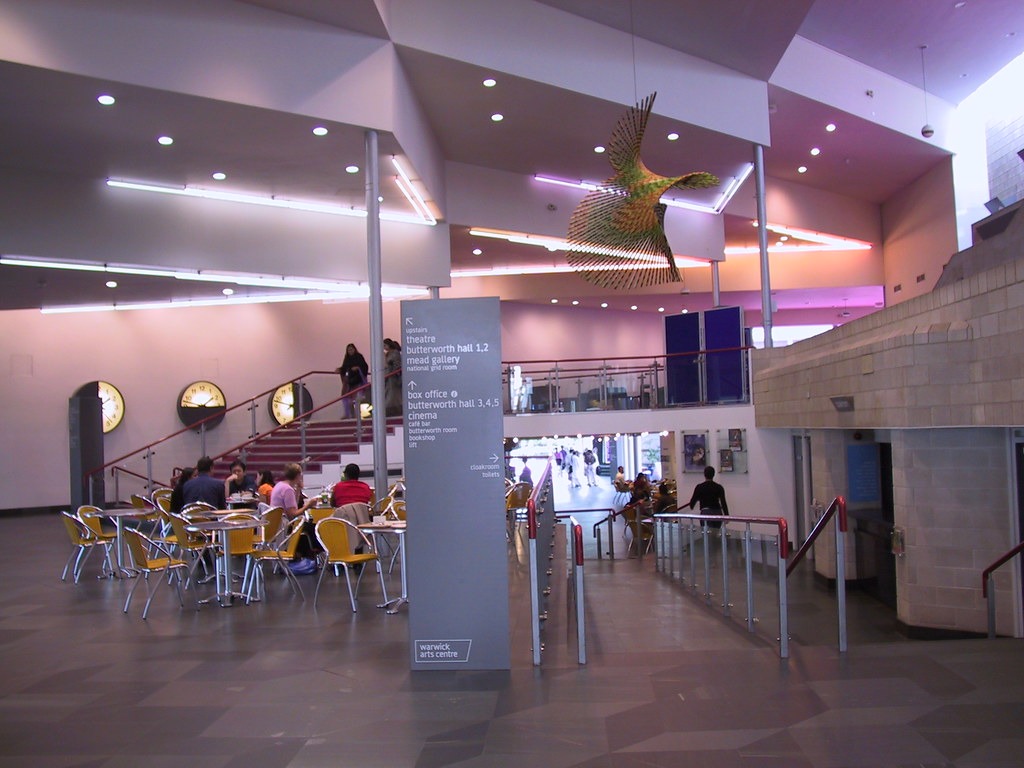Warwick responding to RAAC crisis amid growing concerns amongst UK students
The discovery of reinforced autoclaved aerated concrete (RAAC) in UK educational institutions has sparked widespread concern among students across the country.
More than 150 UK schools and sixth-form colleges were forced to partly or fully close in September last year after being found to have RAAC, a commonly used building composite that is at risk of collapsing in some cases.
The concrete, which has a lifespan of about 30 years, was predominantly used in flat roofing, floors, and walls between the 1950s and 1990s. Over the summer, a RAAC panel that was classed as having a ‘non-critical’ risk of collapse failed at a school in England, prompting the school closures.
RAAC has since been identified in buildings at over 230 academic institutions across the UK, including the University of Warwick.
After the Humanities Building was closed over RAAC danger in September, The Boar sent a Freedom of Information (FOI) request to investigate how the University was dealing with the issue.
The University’s response showed that all buildings where RAAC may have been installed, based on the guidance by the Department for Education (DfE), have been investigated.
Alongside the Humanities Building, Butterworth Hall, Science Block D, and L3 in Chemistry have also been found to have RAAC.
The University carries out weekly condition reviews and additional surveys following significant weather events. In its most recent update on RAAC building assessments on campus, the University stated: “Neither [Butterworth Hall and Science Block D] are considered to pose any immediate risk, and their roofs have been assessed to be in good condition. They will be subject to regular reviews and inspections.”
Professors at Durham University said exam boards should compensate for the “lost learning” of pupils
The request also revealed that the University has been designing physical mitigations including netting, additional supports, and reroofing where appropriate.
Whilst the disruption stemming from RAAC on Warwick’s campus has been minimal, the same cannot be said for many academic institutions across the UK.
After St Leonard’s Catholic School in Durham was closed in September because of RAAC, professors at Durham University said exam boards should compensate for the “lost learning” of pupils.
Exam boards have so far refused to make exceptions for pupils at affected institutions, despite serious disruption to teaching and learning.
Professors Stephen Forard and Nadia Siddiqui from Durham University’s Evidence Centre for Education suggested that affected pupils’ exam grades could be fairly increased by up to 10% this summer.
They said: “The Department for Education could perhaps direct that something like this takes place as part of their package of measures to help those few schools faced with the worst of the RAAC crisis.”
In response, the Department for Education (DfE) said it was “not possible to make changes to exams and assessments for only some groups of students”.
They added: “We are working closely with affected schools to ensure the best possible education for pupils and taking every step possible to remove any obstacles to learning through mitigations including temporary accommodation and in some instances use of specialist facilities in off-site accommodation.”
While students, teachers, and academic institutions across the country grapple with the broader implications of RAAC, the University of Warwick says it is “committed” to its mitigation measures and will continue to keep the student community informed.

Comments